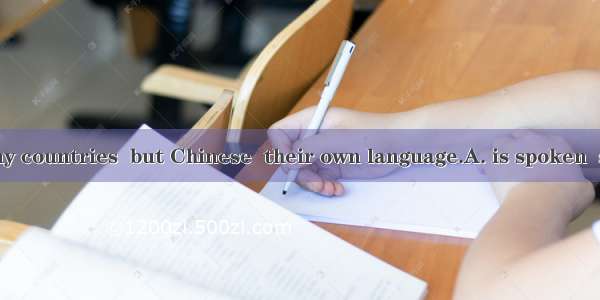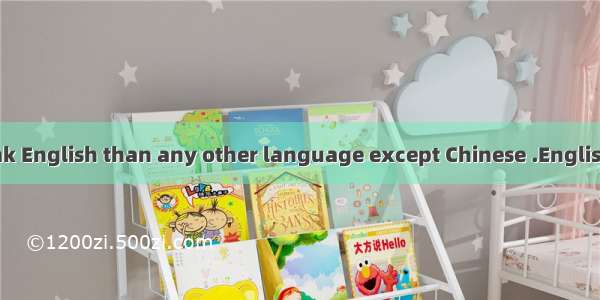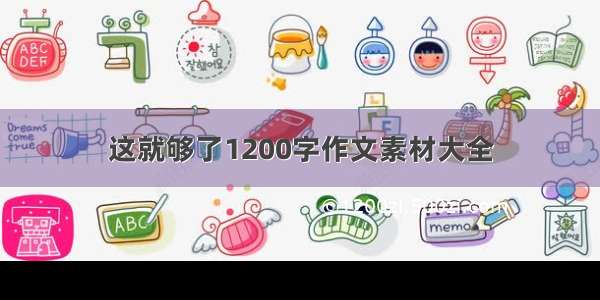
问题补充:
In urban China,where English is almost the official second language,many Chinese people have learned to speak as professionally as native speakers. However they may have an accent and make a few minor grammatical mistakes.Years ago many people used a certain Chinese-English dictionary or a series of textbooks and accepted their teachings. Consequently,language learners developed a peculiar vocabulary. Some people call these word choices “Chinglish”. The words are not incorrect—native speakers still understand them—but they stand in the way of using standard English. Here are some common examples, both from written and spoken English:
Clever (adj.): Native speakers usually say “smart” instead. “Smart” is a broader and more common word. “Clever” suggests an ability to think your way out of a specific problem or take advantage of a specific situation. Being smart serves you for life.
Examination(n.): Use “exam”, the short form of it, or the more common word, “test”. (The verb for all three words is “take”.) Another word you may hear is “quiz”. It means a short and relatively unimportant test that the teacher often gives as a surprise.
Film: This is largely a technical word. The common term is “movie”. (Native speakers often say “short film for the movie”.)
House (n.): a stand-alone building with its own street entrance that is home to one family. A home in a building full of families is an “apartment” or a “flat”. When in doubt, just say “home”.
Puzzled (adj.): We use this word to describe mild reactions to difficult math problems, and not even very often for this purpose (we say “I’m stumped” or “I have no idea” instead). But when we’re addressing a life issue such as whether to pursue (从事) a graduate education or go straight to work, we say “confused”. This is a stronger word as well as a more common one.
49. The writer wrote this passage to.
A. prove there are so many Chinese people learning English in a wrong way
B. teach us to choose correct and exact English words to express ourselves
C. tell people that if we want to speak English as well as native speakers we must memorize as many English words as possible
D. explain what Chinglish is
50. According to the passage, which of the following is more common?
A. Would you like to go to the film tonight?
B. He will take an examination next week.
C. Tom is cleverer than his brother.
D. He felt confused whether he would go abroad for further study.
51. This passage suggests that.
A. native speakers say “I’m puzzled with this math problem.” more often used than they say “I’m stumped with the math problem.”
B. the word “home” is much often used than the word “house” in spoken and written English
C. the word “examination” is more common than its short form“exam”
D. we can say “do a quiz”
52. We can infer from the passage that.
A. native speakers can understand “Chinglish”
B. saying “take a test” is more common
C. to English learners, developing more English vocabulary doesn’t mean speaking good English
D. it’s easy to learn English words well49-52 BDBC
答案:
(答案→)49-52 BDBC
解析:可联系答.案.网客服索取。














